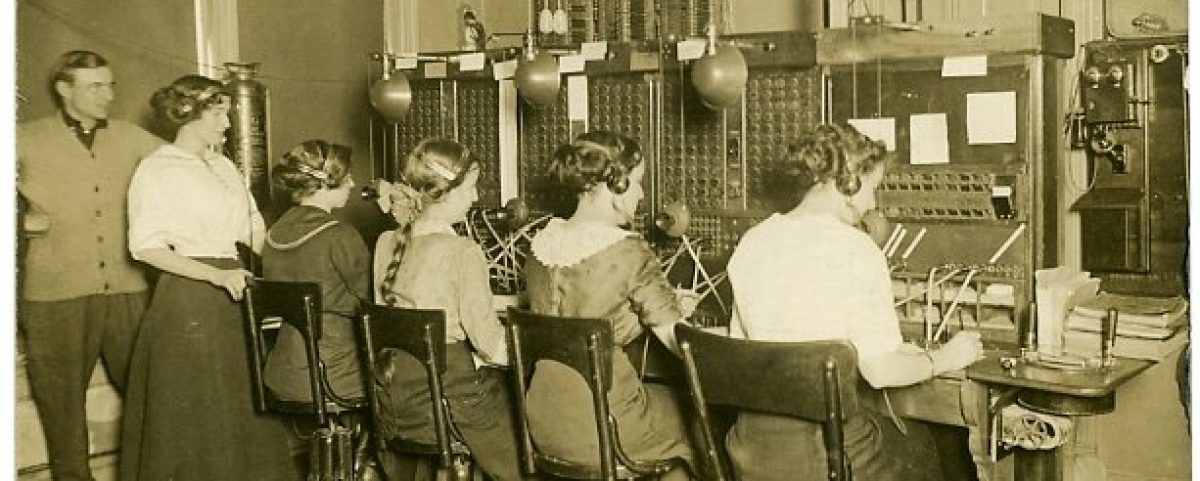Adventures in Research or Becoming a History Detective is the title of a new program I offer through the Delaware Humanities Forum. Designed for either the classroom or a public lecture, the program examines how someone solves mysteries from long ago. It blends actual tales of intriguing historical discovery with basic insights on conducting investigations. For anyone with a curiosity about the past, the program will be worthwhile as audiences learn about the nature of understanding our past, while accompanying me through a series of inquiries.
Depending on the groups interest, a stronger emphasis may be placed on a cluster of fascinating investigations, which helps develop an awareness and appreciation of the discipline that puts us in touch with the past. Or it may place more weight on the how-to-approach by focusing on practical suggestions for researching your own mystery in your backyard, community or family.

